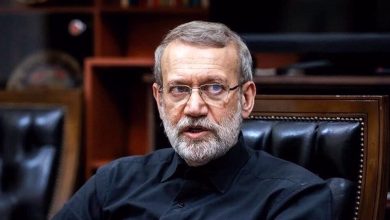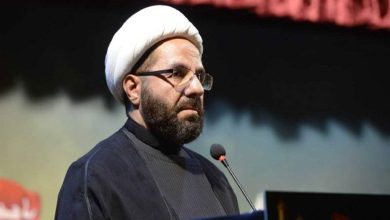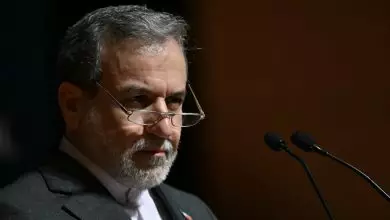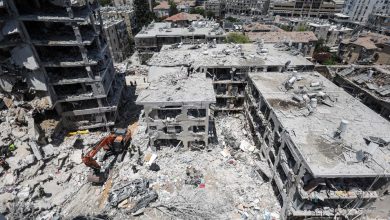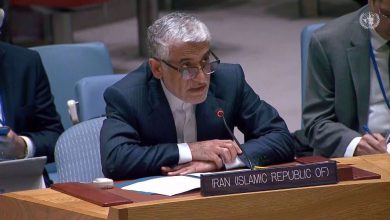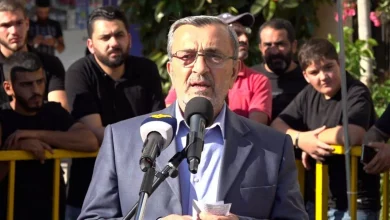Iran Reiterates Opposition to Weapons of Mass Destruction, Including Nuclear Arsenal
Iranian Foreign Minister Abbas Araghchi has stated that the Islamic Republic, having suffered immensely from chemical weapon attacks in modern history, is a vigorous supporter of a global environment devoid of weapons of mass destruction.
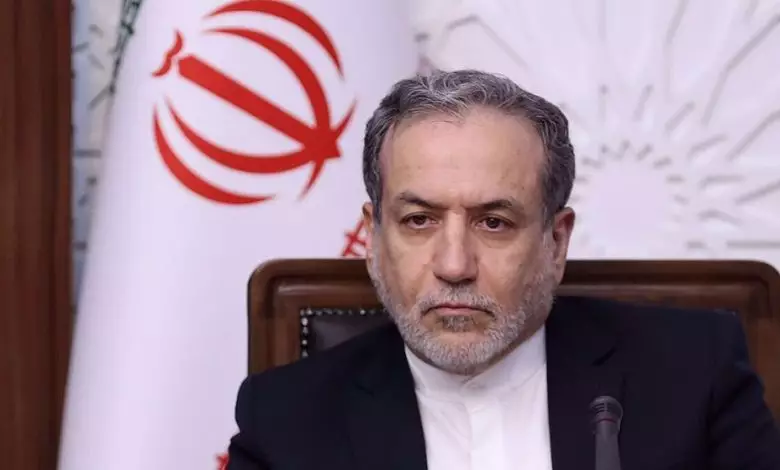
Araghchi conveyed his sentiments in a message issued on Sunday to mark the National Day of Combat against Chemical and Biological Weapons. This observance commemorates the 38th anniversary of the chemical assault on the northwestern Iranian city of Sardasht, carried out by former Iraqi leader Saddam Hussein.
He stated that Iran has persistently taken a leading role in advocating for a nuclear-weapon-free zone, positioning itself at the forefront of efforts against nuclear armament.
He stated that Iran remains steadfast in its quest for justice for the victims of chemical warfare, asserting that the enactment of justice is an essential prerequisite to preventing future atrocities akin to the chemical attack on Sardasht.
The Iranian Foreign Minister conveyed a heartfelt aspiration for a future where concerted determination and effort will lead to a world free from the threat of weapons of mass destruction, with peace and goodwill supplanting war and violence.
On June 28, 1987, the regime under Saddam Hussein launched mustard gas attacks on Sardasht, resulting in the deaths of at least 119 Iranian civilians and causing injuries to approximately 8,000 others, some of whom were left with permanent disabilities.
Reports have surfaced indicating that several Western nations, such as Germany, the Netherlands, the United Kingdom, France, and the United States, played a role in supporting the Iraqi regime’s chemical weapons program during that period.
Araghchi has asserted that convincing evidence and substantial documentation verify that several Western nations, most notably the United States, the United Kingdom, and Germany, have supplied Saddam’s regime with chemical substances, technologies, and essential equipment, facilitating the use of chemical weapons against the Iranian population.
He stated that the support from Western nations, coupled with the reprehensible silence of the global community, encouraged the Saddam regime to continue its atrocities and further breach international law without facing consequences.
Araghchi emphasized that the international community has observed recent incidents involving the assassination of Iranian women and children, as well as ordinary civilians, university professors, nuclear scientists, and high-ranking military and civilian officials. These actions, he claimed, have been carried out by some of the era’s most deceitful and hostile terrorists, allegedly operating out of Tel Aviv.
The Iranian foreign minister highlighted that certain Western nations have effectively sided with the aggressor, providing implicit backing for its aggressive actions and breaches of international law and the United Nations Charter.
He cautioned that Israel’s assaults on Iran’s key infrastructure, which include facilities dedicated to the manufacture of industrial chemical substances, threaten to trigger a serious humanitarian and environmental disaster.
Iran has officially requested an emergency session of the Executive Council of the Organization for the Prohibition of Chemical Weapons (OPCW) to address and denounce these inhumane attacks.
In concluding his statement, Araghchi commended the strength, perseverance, solidarity, unity, and resilience demonstrated by the proud Iranian nation in facing the recent hostilities from the Zionist regime and the United States.
In the early hours of June 13, Israel initiated a comprehensive assault on Iranian territory, targeting multiple military and nuclear locations. The attack reportedly resulted in the deaths of numerous high-ranking military officials, nuclear scientists, and civilians.
On June 22, in a move that has raised significant international concern, the United States aligned with Israel in a coordinated military action, targeting three Iranian nuclear facilities. This operation is being widely criticized as a serious breach of the United Nations Charter, international law, and the stipulations set forth in the Nuclear Non-Proliferation Treaty (NPT).
A day following the incident, Iran retaliated by launching a barrage of missiles targeting the al-Udeid air base in Qatar, the largest American military installation in the West Asia region.
Iranian armed forces launched an assault on Israel, targeting its military and industrial infrastructure with a barrage of advanced missiles that successfully struck their intended targets. The besieged regime subsequently unilaterally announced a truce agreement on June 24.

